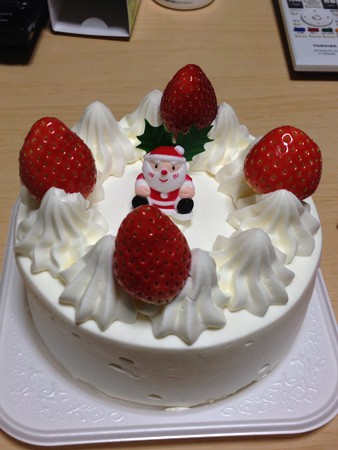この会話は先生と中学性の3年生の英会話です。
Aさんが生徒、Bさんが先生
A:What day is it today?
B:Today is the first day of the rest of your life.
A:I'm sorry. I meant to ask, "What is the date today?"
B: Oh, I see. Today is Friday, December 28th -- only three more days left in this year!
A:Got it. Thanks. So, how was your day today.
B: It got off to a great start. I took my dog, Dale, running with me this morning. I think we covered about four and a half kilometers within about 30 minutes. Our pace was a bit slow, but it's better than nothing.
A:Isn't your real name also Dale?
B: Yes, it is. But, I don't use that name with most Japanese. So, I gave her my name. She's very lucky!
A:What a touching story! It must be fun to have a "real" Chip and Dale running around the neighborhood.
B:That's right!
A:Well, it's time to head back. Hope you have a nice day, a nice weekend, and a very happy New Year's holiday.
B: Thanks! You, too!




